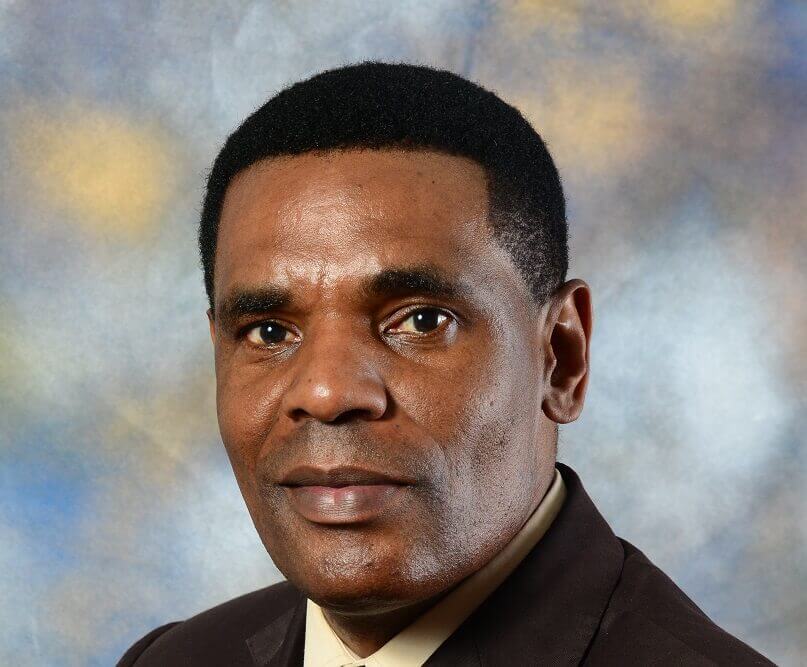When we hear the term “personal injury,” we often think of obvious physical wounds like broken bones, cuts, or bruises. However, personal injury cases encompass much more than just visible harm. Personal injury law recognizes that accidents and negligence can cause severe emotional trauma alongside physical damage. Understanding both physical and emotional injuries is critical if you’ve been hurt due to someone else’s actions. Seeking the guidance of a skilled Bay Area injury attorney can help you understand your rights. They can pursue full compensation to address the complete impact of your injuries, both physically and emotionally.
Physical Injuries: The Visible Impact
Physical injuries refer to any damage to the body’s structure or tissues. Common examples include broken bones, lacerations, burns, spinal cord injuries, and traumatic brain injuries. These injuries are often readily apparent and are typically diagnosed and documented by medical professionals through examinations, X-rays, scans, and other medical tests. Physical injuries can have immediate consequences like pain, limited mobility, and the need for urgent medical care. They may also lead to long-term complications such as chronic pain, disability, permanent scarring, or the need for ongoing rehabilitation. The financial costs associated with treatment and recovery from physical injuries can be substantial.
Emotional Injuries: The Invisible Scars
Emotional injuries refer to psychological harm resulting from a traumatic event. They can include anxiety, depression, post-traumatic stress disorder (PTSD), flashbacks, sleep disturbances, difficulty forming or maintaining relationships, and a loss of enjoyment in life. Unlike physical injuries, emotional injuries can be challenging to diagnose and prove since they don’t always manifest in outwardly visible ways. However, their impact can be just as devastating and long-lasting, if not more so. Emotional injuries can significantly disrupt a person’s daily life, affecting their ability to work, enjoy social activities, or find peace of mind. They may struggle to cope with overwhelming emotions, experience difficulty concentrating or withdraw from loved ones. The emotional toll can significantly hinder a person’s overall recovery and well-being, even if physical injuries have healed.
Seeking Compensation for Both Physical and Emotional Injuries
It’s important to understand that victims of personal injury can seek compensation for both the physical and emotional suffering they endure. While securing financial recovery for medical bills, lost wages, and future rehabilitation needs is essential, don’t underestimate the value of compensation for pain and suffering damages. This category of damages seeks to address the very real impact of emotional distress, mental anguish, and the reduced quality of life caused by the accident or incident.
Proving emotional injuries in a personal injury claim can be complex. An experienced injury attorney understands how to present a compelling case that goes beyond documenting medical expenses. They can work with medical and mental health experts to gather evidence supporting your claim for emotional damages. This may include testimony from therapists, records of counseling sessions, and your own personal account of how your life has changed since the injury. Seeking compensation for the full extent of your injuries, both physical and emotional, is a must for maximizing your potential recovery and ensuring you have the resources for a complete healing process.
Why It Is Important to Seek Professional Help
Accidents can leave lasting scars, both visible and invisible. It’s crucial to prioritize your health, both physically and mentally, for a complete recovery. Seek prompt medical attention for any physical injuries to ensure proper diagnosis and treatment. But don’t forget about your emotional well-being. Don’t hesitate to seek professional mental health support if you’re struggling with anxiety, depression, flashbacks, or other signs of emotional distress after a traumatic event. Therapists and counselors specialize in helping individuals cope with trauma and develop healthy coping mechanisms. In fact, seeking help is a sign of self-care, not weakness. Remember, emotional healing is just as important as physical healing. Therapy can not only improve your quality of life but also provide documentation of your emotional injuries, potentially strengthening your personal injury claim.
Conclusion
Accidents that result in personal injury can have both visible and invisible consequences. Physical injuries may be more readily apparent, but it’s essential not to overlook the potential for lasting emotional trauma. Neglecting to address emotional injuries can impede your overall recovery and well-being. Remember, personal injury law acknowledges both physical and emotional suffering. If you’ve been injured due to someone else’s negligence, seeking legal counsel from a compassionate and experienced firm like SKG Law can be a crucial step. They can help you navigate the complexities of the legal system, fight for your right to full compensation, and guide you toward the resources you need for a comprehensive recovery.




















